Photographs: Reuters Aman Sethi in New Delhi
The KG-D6 dispute between the government and Reliance has been marred by controversies over the appointment of arbitrators.
The lack of mutually acceptable arbitrators has delayed the resolution of the two-and-a-half-year-old dispute between Reliance Industries Ltd and the government of India over the recovery of $2.376 billion worth of investment in the KG-D6 gas block in India’s largest natural gas basin.
This controversy has raised questions of the credibility of the eventual settlement of a landmark case on the role of the government and the private sector in managing a critical and strategic national resource.
On Monday, Michael Hudson McHugh, a retired Australian judge who was appointed the presiding arbitrator by the Indian Supreme Court in April, finally withdrew from the case after first declining and then accepting the position.
Please . . .
In Reliance-govt dispute, who arbitrates the arbitrators?
Photographs: Reuters
McHugh’s appointment came after the apex court reviewed its own decision to appoint another retired Australian judge, James Spigelman in the wake of government lawyers noticing that Spigelman’s name was amongst the RIL’s list of proposed arbitrators.
In the previous order, Judge S S Nijjar had said that the presiding arbitrator should be one not suggested by either party.
Now, documents reviewed by Business Standard show that RIL’s nominee arbitrator, former Chief Justice of India S P Bharucha, offered legal opinions and oral advice in conference to RIL and its group companies on at least eight different occasions from 2009 to 2012 for a fee.
He also served as RIL’s nominee arbitrator in a dispute with Gas Authority of India Ltd in 2007 over the price of gas supplied to GAIL from the Panna Mukta Tapti fields.
Please . . .
In Reliance-govt dispute, who arbitrates the arbitrators?
Image: Mukesh and Nita Ambani.Photographs: Reuters
Bharucha retired in 2002, but in 2000 he was part of a three-member Supreme Court Bench that ruled in favour of RIL in a public interest litigation (Appeal 2,485 of 1999) that questioned the allotment of the PMT field to RIL.
The financial relationship between Justice Bharucha and RIL was disclosed by the company, under the International Bar Association Guidelines, in a letter to the legal representatives of the government last month.
RIL has denied all allegations of conflict of interest, insisting the company has followed all procedures.
“All disclosures which were required by the government’s lawyers have been made by RIL’s lawyers to the government’s lawyers,” an RIL spokesman said in an email response.
“Sorry, no comments,” Bharucha said in an email.
Please . . .
In Reliance-govt dispute, who arbitrates the arbitrators?
Image: RIL chairman Mukesh Ambani addressing shareholders during the firm's AGM held in Mumbai.Photographs: Reuters
“Prima facie, this constitutes a justifiable ground to infer a conflict of interest,” said former economic affairs secretary E A S Sarma, “(and) raises justifiable doubts about the impartiality and independence of the arbitrator.”
In 2013, Sarma filed a PIL against the then petroleum minister M Veerappa Moily and RIL for colluding in the violation of provisions of the production-sharing contract signed between RIL and the government.
He has also questioned if the arbitration procedure is applicable in this case. “Since there are allegations of collusion in the case of the KG Basin dispute, the issues now being referred for arbitration may not strictly be arbitrable,” he said.
RIL’s disclosure has also prompted questions on the applicability of Indian law in international arbitrations.
Please . . .
In Reliance-govt dispute, who arbitrates the arbitrators?
Image: While the oil ministry has insisted that its contracts are governed by Indian law, the company has disclosed its prior relationship with Bharucha under the provisions of the IBA guidelines on conflict of interest, rather than the Indian Arbitration and Conciliation Act of 1996.Photographs: Reuters
While the oil ministry has insisted that its contracts are governed by Indian law, the company has disclosed its prior relationship with Bharucha under the provisions of the IBA guidelines on conflict of interest, rather than the Indian Arbitration and Conciliation Act of 1996.
While the ‘Orange List’ provisions of the IBA guidelines advise parties to disclose all prior financial engagements up to three years prior to the appointment of the arbitrator, Indian law does not set any time limit for the disclosure.
Section 12 of the Indian act also requires the nominee arbitrator (in this case Bharucha) to disclose information that could lead to doubts on his impartiality, not the company (in this case RIL).
Officials in the oil ministry said Bharucha was yet to disclose all his prior dealings with RIL despite the fact that he was nominated in 2012.
Please . . .
In Reliance-govt dispute, who arbitrates the arbitrators?
Image: RIL chairman Mukesh Ambani.Photographs: Reuters
“Thus far, RIL’s arbitrator has not specifically responded to our requests for disclosure,” said a senior official at the oil ministry, adding: “Under Indian law, the requirement is essentially for full disclosure of all previous engagements.”
The official declined to comment whether the government would challenge Bharucha’s appointment.
“We are waiting for advice from our legal team,” he said.
MUDDY WATERS
- On Monday, Michael Hudson McHugh, a retired Australian judge appointed presiding arbitrator by the Indian Supreme Court in April, finally withdrew from the case after first declining and then accepting the position
- In 2013, E A S Sarma, former economic affairs secretary, filed a PIL against the then petroleum minister M Veerappa Moily and RIL for colluding in the violation of provisions of the production-sharing contract signed between RIL and the government

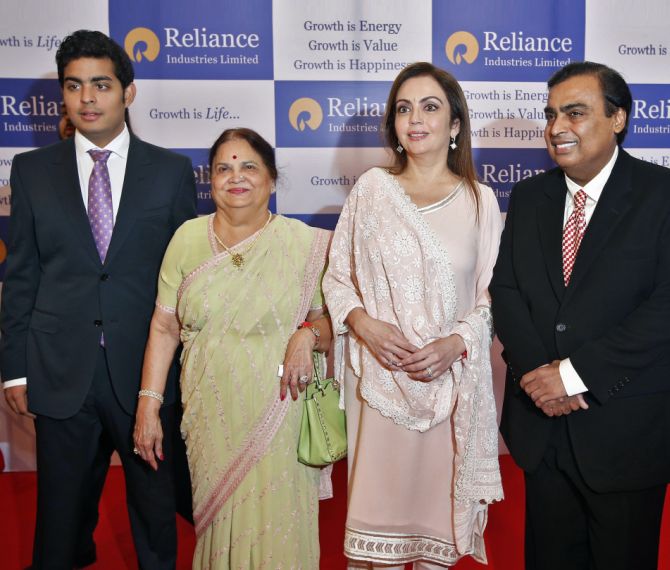
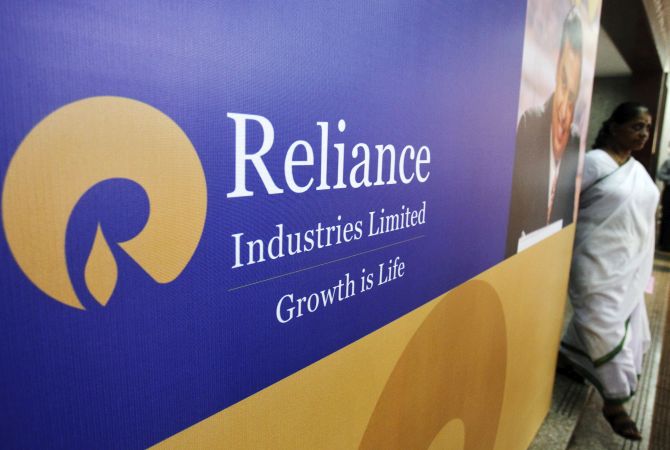
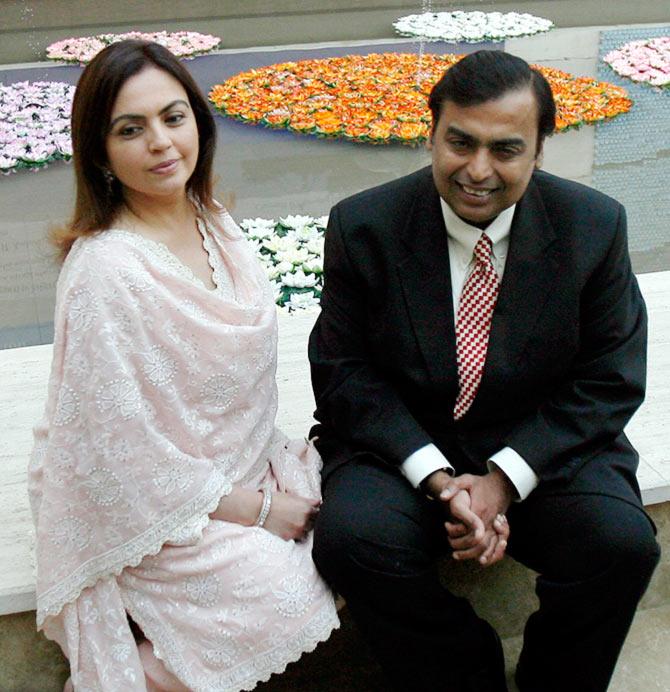
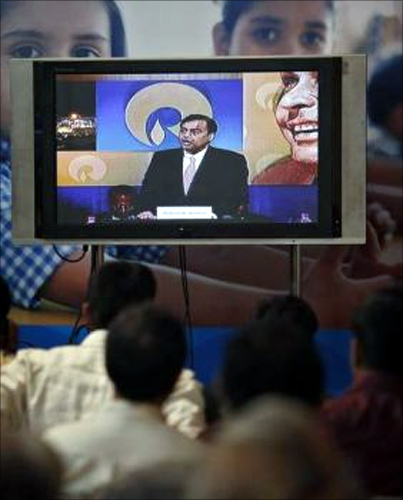
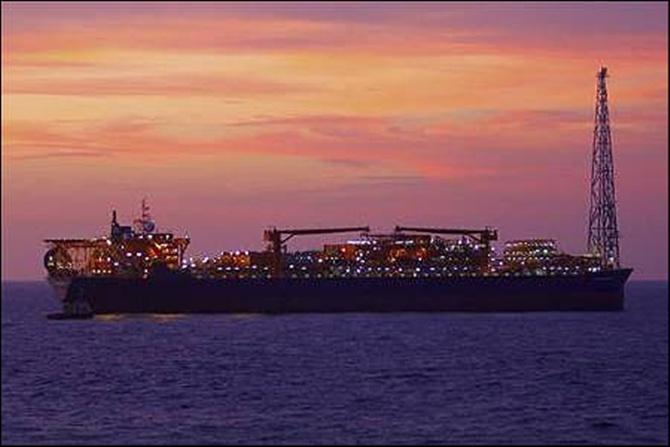


article